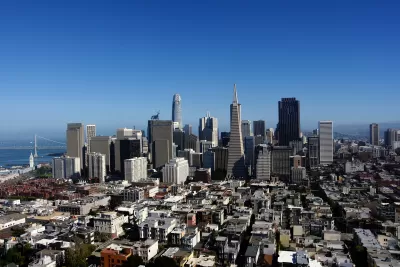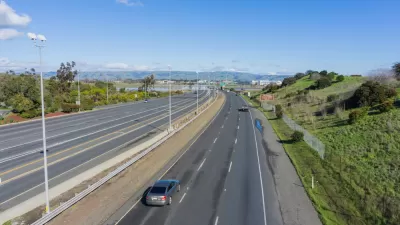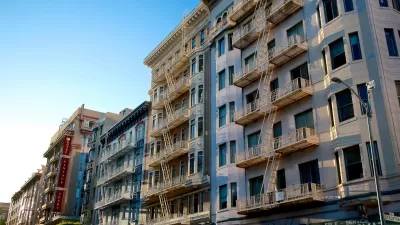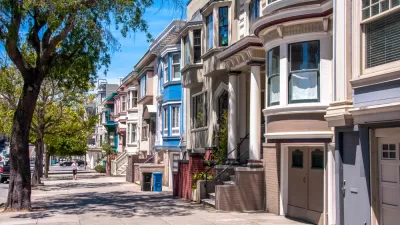Cities spend a lot of time and energy pointing to examples of what they don’t want to become.

Perceptions of cities often represent for people what they fear might be coming to their own cities, such as rising housing costs, sprawl, congestion, and poverty, writes Emily Badger:
Our deepest anxieties about the future of where we live are embodied in other cities — in Portlandification, Brooklynification, Manhattanization. The comparison is seldom a compliment. You don’t want to become Manhattan (too dense), Portland (too twee), Boston (too expensive), Seattle (too tech-y), Houston (too sprawling), Los Angeles (too congested), Las Vegas (too speculative), Chicago (too indebted).
Many of these cities are doing well by certain standards: job growth, high household incomes, and low unemployment. "But San Francisco-ization and the other -izations don’t refer to the process of acquiring any of these good things. Rather, those terms capture the deepening suspicion of many communities that the costs of urban prosperity outweigh the benefits," notes Badger.
She also points out that there is not a single path to what is seen as an urban disaster. Manhattan, for example, is unaffordable because it built to cater to the wealthy. San Francisco, however, did not build enough, and housing costs skyrocketed as a result.
Badger wonders whether there are examples of cities that have successfully fostered the good outcomes and prevented the bad ones. "We could use a word for the condition of becoming such a place. Maybe Minneapolisization?"
FULL STORY: Happy New Year! May Your City Never Become San Francisco, New York or Seattle

Alabama: Trump Terminates Settlements for Black Communities Harmed By Raw Sewage
Trump deemed the landmark civil rights agreement “illegal DEI and environmental justice policy.”

Study: Maui’s Plan to Convert Vacation Rentals to Long-Term Housing Could Cause Nearly $1 Billion Economic Loss
The plan would reduce visitor accommodation by 25% resulting in 1,900 jobs lost.

Planetizen Federal Action Tracker
A weekly monitor of how Trump’s orders and actions are impacting planners and planning in America.

Wind Energy on the Rise Despite Federal Policy Reversal
The Trump administration is revoking federal support for renewable energy, but demand for new projects continues unabated.

Passengers Flock to Caltrain After Electrification
The new electric trains are running faster and more reliably, leading to strong ridership growth on the Bay Area rail system.

Texas Churches Rally Behind ‘Yes in God’s Back Yard’ Legislation
Religious leaders want the state to reduce zoning regulations to streamline leasing church-owned land to housing developers.
Urban Design for Planners 1: Software Tools
This six-course series explores essential urban design concepts using open source software and equips planners with the tools they need to participate fully in the urban design process.
Planning for Universal Design
Learn the tools for implementing Universal Design in planning regulations.
Caltrans
Smith Gee Studio
Institute for Housing and Urban Development Studies (IHS)
City of Grandview
Harvard GSD Executive Education
Toledo-Lucas County Plan Commissions
Salt Lake City
NYU Wagner Graduate School of Public Service





























